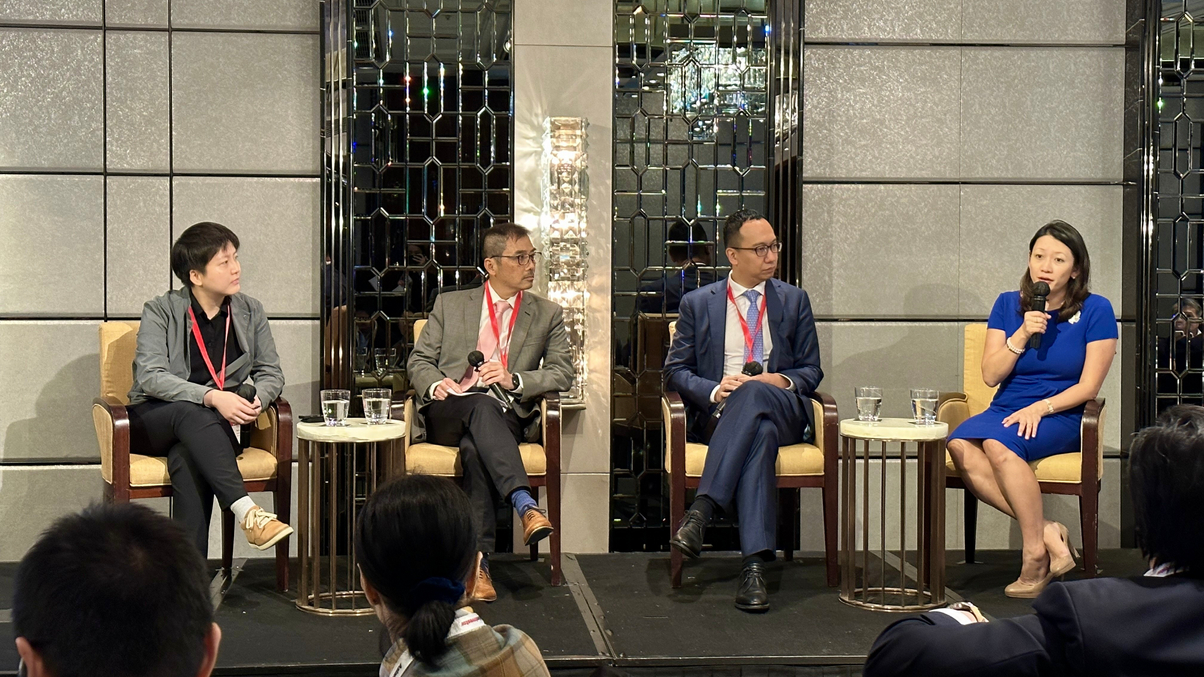Nan Fung Trinity pivots towards Asian equities
The Hong Kong family office is repositioning its public assets portfolio of equities, bonds and cash to capture different opportunities in Asia, Europe, and the US.

Nan Fung Trinity has turned more aggressive with its public assets portfolio since late last year, adding positions in Asian equities in order to capture selective opportunities in areas like cyclical and financial stocks.
Sign in to read on!
Registered users get 2 free articles in 30 days.
Subscribers have full unlimited access to AsianInvestor
Not signed up? New users get 2 free articles per month, plus a 7-day unlimited free trial.
¬ Haymarket Media Limited. All rights reserved.


